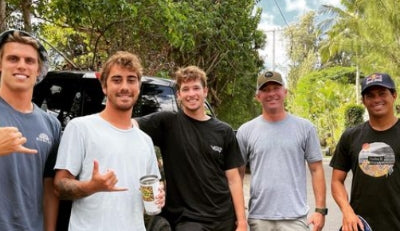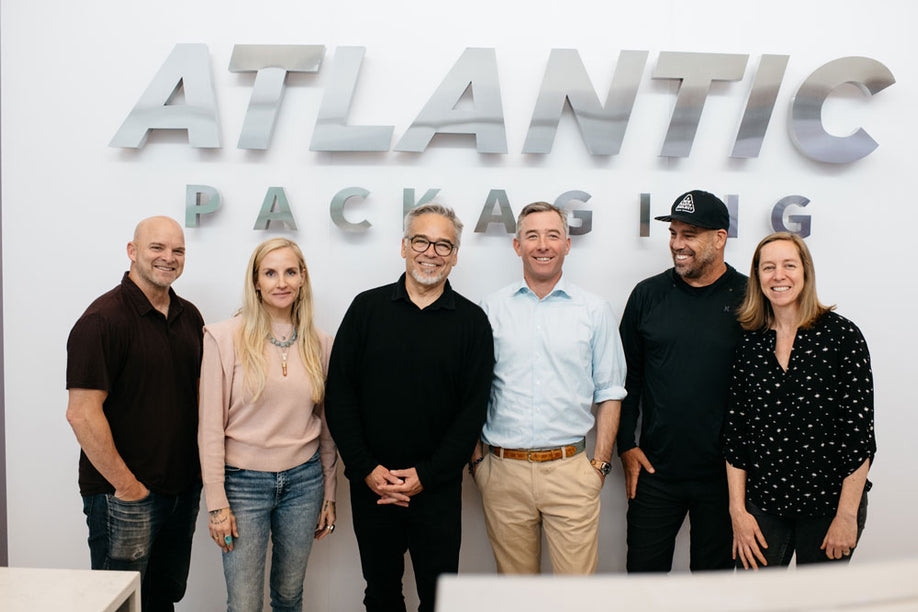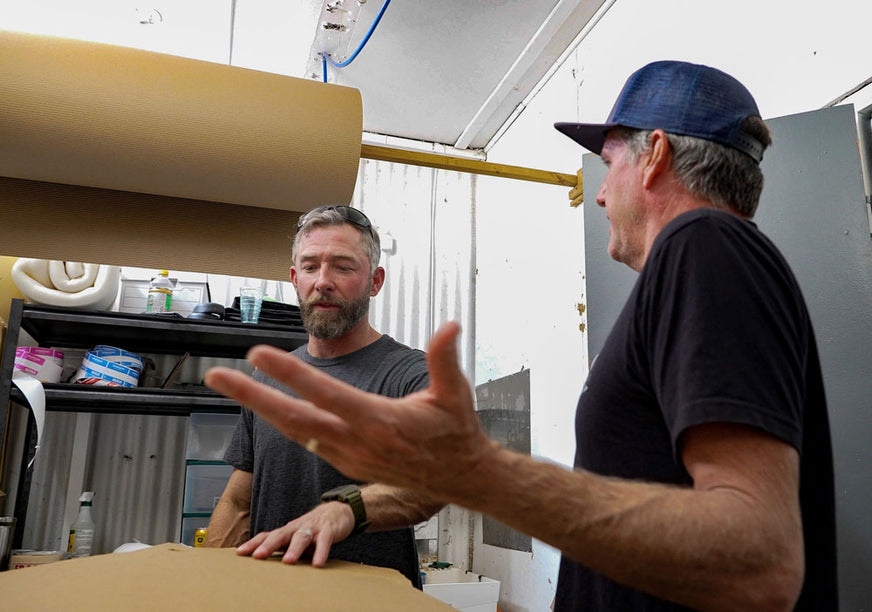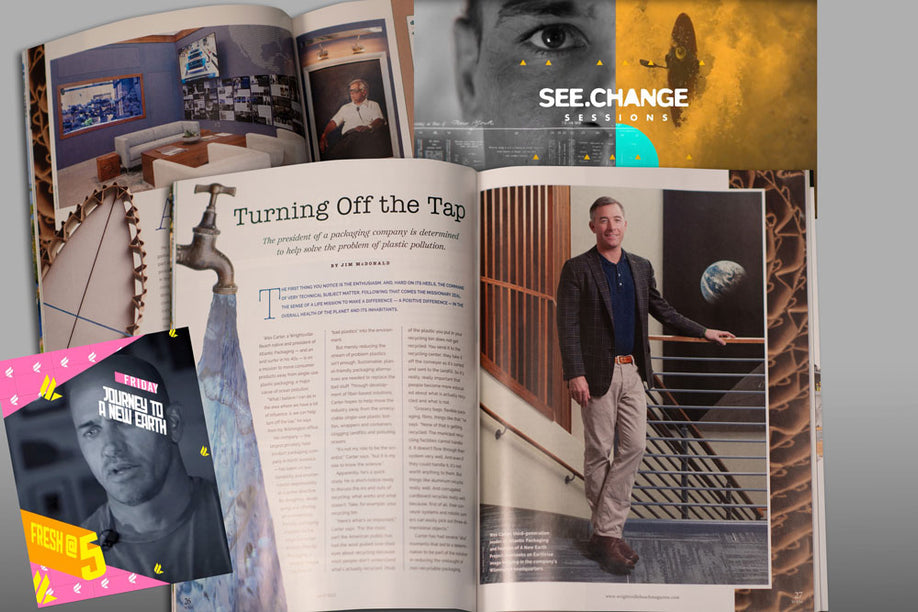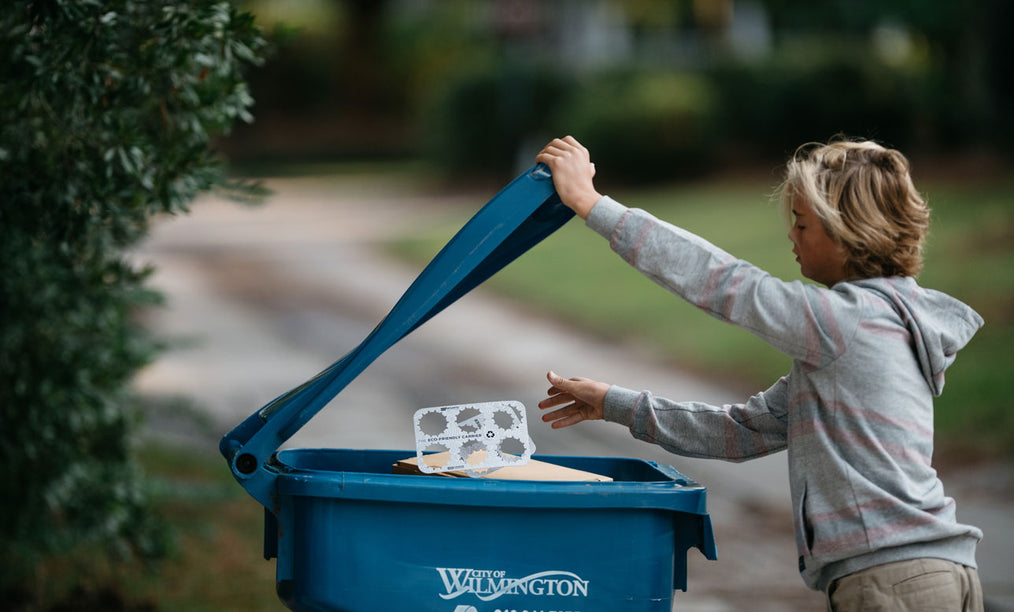Some big news on the EPR front was announced in Colorado last week, where the state has taken a major step in implementing its extended producer responsibility (EPR) programs for packaging by selecting the Circular Action Alliance as their producer responsibility organization (PRO).
This is a pretty big deal for recycling and sustainability efforts in the country.
The Circular Action Alliance is a nonprofit group formed by some major players in the packaged goods industry, like Coca-Cola, General Mills, Keurig Dr Pepper, Procter & Gamble, and Nestlé. They'll be in charge of making sure that companies involved in packaging meet the requirements of Colorado's new EPR legislation.

This includes things like meeting recycling convenience standards, achieving post-consumer recycled content thresholds, and reimbursing 100% of net recycling service costs to public and private recycling service providers. The Alliance was created as a response to the EPR laws passed by Colorado and a few other states back in 2021.
The Colorado Department of Public Health and Environment (CDPHE) chose the Circular Action Alliance based on a set of criteria. These included having a diverse list of participating producers, a clear funding mechanism for an initial needs assessment, and a shared governing board composition. Another company, H2 Compliance, also applied to be a PRO.
Now that the Circular Action Alliance has been selected, the important EPR work can begin. Colorado is just one of four states that have passed a version of EPR legislation, where producers are being put on the hook to come up with ways to meet new recycling and waste management thresholds.
The premise of EPR is to force producers to work more closely with waste managers in order to dramatically improve recyclability rates, and compostable packaging.
Put simply: materials that are not reliably recyclable will be labeled as such, and hit with fees, making materials that are easier to recycle more cost competitive.
Of course, there's a ways to go in this journey. The first step for the Circular Action Alliance will be to carry out a needs assessment of the recycling services currently provided in the state and identify any unmet needs. This is due by January 30, 2024.
Then, they'll develop a plan for the program, due by February 1, 2025, which will set minimum recycling rate targets for 2030 and 2035. The full program is set to roll out in 2026.
Things are a bit different in Oregon. They have a different application process, but some of the same PROs are interested in getting involved. By March 31, 2024, interested producers will have to pay a fee and submit a plan for managing the EPR program.
The state will then choose either one PRO or a combination based on these plans. The Circular Action Alliance, H2 Compliance, and Reverse Logistics Group have all expressed interest in becoming PROs in Oregon.
Meanwhile, industry insiders are playing very close attention to who will end up running California's PRO. The Golden State signed their sweeping EPR legislation last year, and the selection of their PRO is to be made this year.
Given California is the 5th largest economy in the world, it's safe to say its PRO will end up being one of the most influential in the country. For that reason alone, it's safe to assume many of these same groups are interested in running the California PRO.
That said, California's EPR legislation, SB-54, includes significant oversight of the PRO, as Cal Recycle will have the ability to approve or deny PRO plans that fail to meet the intended targets of the legislation.
Want more EPR insights?
See Related Posts below
